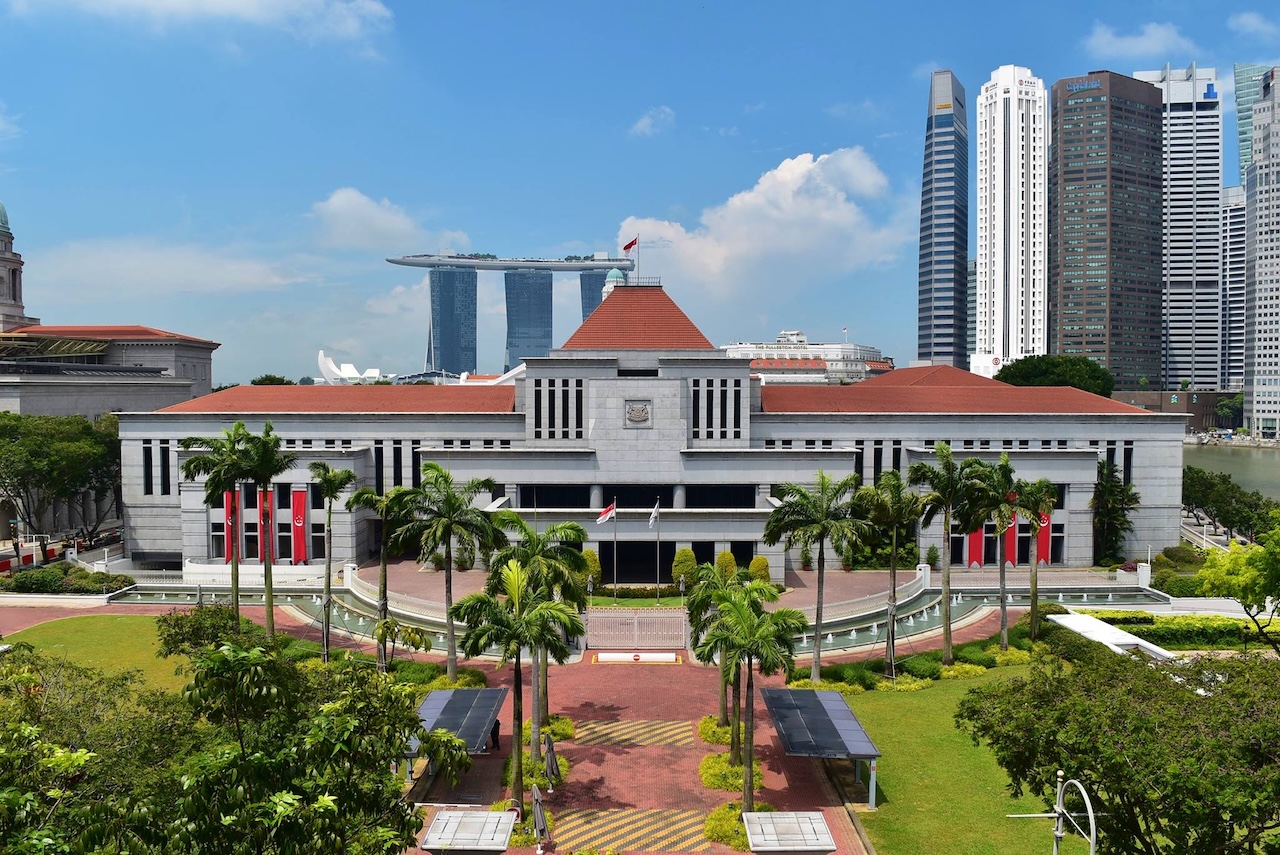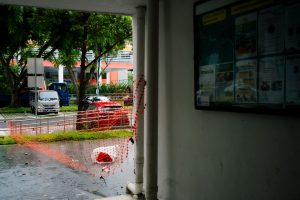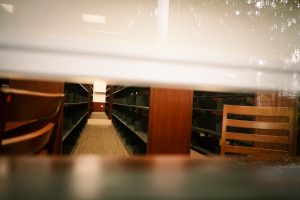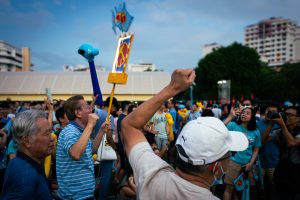Anthea Ong is a former Nominated Member of Parliament (2018–2020), social entrepreneur, mental health advocate, and author. She has published extensively on mental health, leadership, and social entrepreneurship and is the editor/author of The Nominated Member of Parliament Scheme: Are Unelected Voices Still Necessary in Parliament?
In this op-ed for RICE, the former NMP reflects on the platform that first gave her the courage to speak up as an alternative voice in Parliament.
RICE does not endorse any political party in Singapore. Refer to our GE2025 content coverage policy for details.
Top image: Parliament of Singapore / Facebook
Nominated Members of Parliament (NMPs) Raj Joshua Thomas and Dr Syed Harun Alhabsyi sparked controversy when they resigned in tandem in February and subsequently joined the People’s Action Party (PAP).
Dr Syed is likely to be announced as a new PAP candidate for Nee Soon GRC. Joshua, citing public feedback, has since announced he will not contest in GE2025.
ADVERTISEMENT
ADVERTISEMENT
Full disclosure: I’m a former NMP myself. I first met Joshua during his first term as NMP at an India-Singapore dialogue in 2021. Two years later, I was introduced to Dr Syed at an informal luncheon organised for the newly minted NMPs. I do not know the two gentlemen well, and this article is not about them personally.
The NMP scheme was a uniquely Singaporean parliamentary innovation introduced in 1990—one that allowed independent voices from civil society, academia, the arts, business and more to contribute meaningfully without the pressure of electoral politics. A Special Select Committee of Parliament recommends the candidates, and the President appoints them.
Having NMPs would allow for “constructive dissent“. It offers an institutionalised space for speaking up on issues and groups that carried no political capital, such as mental health, LGBTQ+ issues, sex workers, and migrant workers, because they were not the majority interests, even for opposition members.
So when two NMPS resign before completing their terms to join the ruling party ahead of a General Election, it becomes more than a personnel change.
It becomes a moment of reckoning for the NMP scheme, and perhaps most importantly, for the kind of democracy we aspire towards.
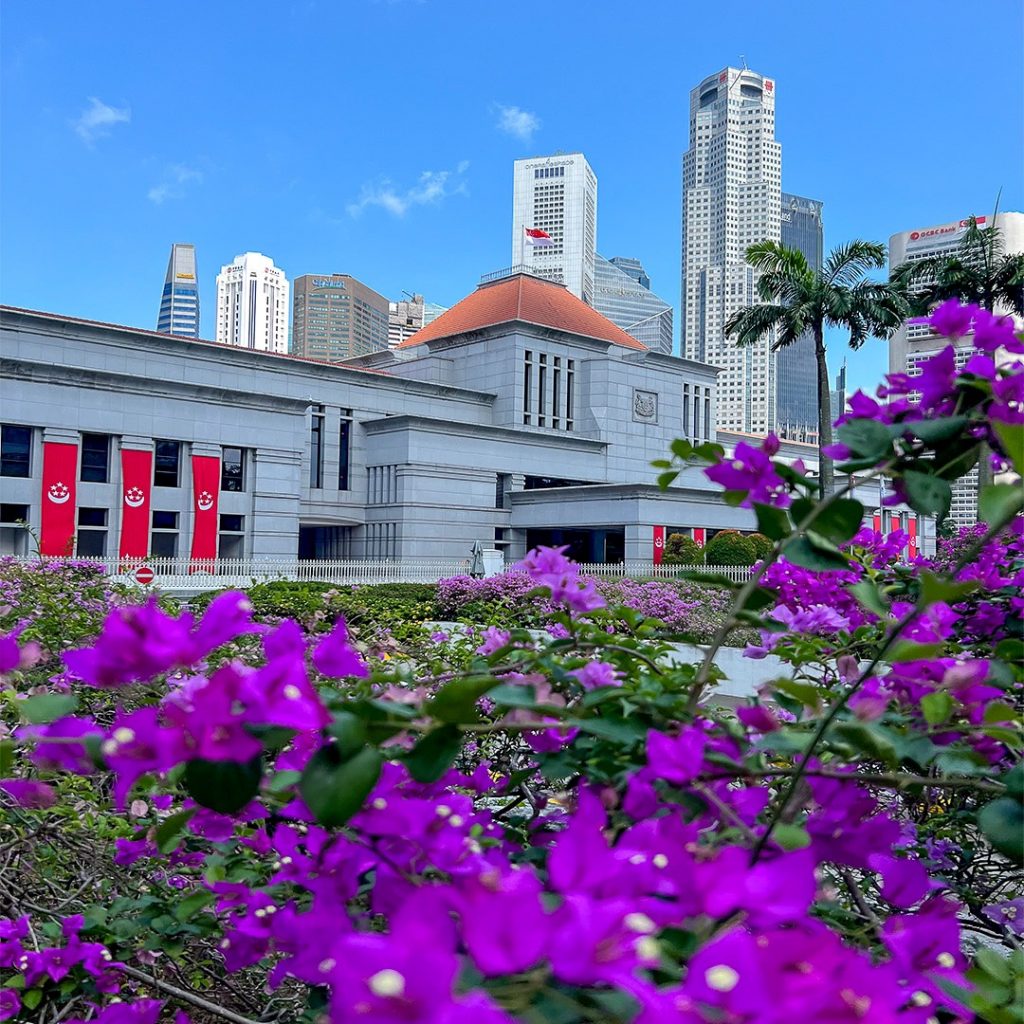
The Spirit of the Scheme
Let’s start with the most immediate conversation: legality.
The government has clarified that our constitution allows for NMPs to step down and join political parties. But the deeper concern lies not in constitutional technicalities, but in what we believe our systems should stand for.
A rules-based society is essential, but if we reduce everything to legality, we risk becoming a purely transactional one. The line between legality and morality should not be so easily dismissed; there is a difference between what is allowed and what is right.
Were these NMPs non-partisan one day and partisan the next when they resigned? That may pass legal muster, but it strains public trust. When we defend actions using the letter of the law while ignoring its spirit, we erode the ethical foundations of public institutions. And the NMP scheme—intended to institutionalise a space for independent, diverse and non-partisan voices—relies more than most on public trust.
This moment presents an opportunity to reset the NMP scheme. Perhaps not by abandoning it, but by being honest about what it has become and what it could still be.
If it is evolving into a leadership pipeline for political parties, then let’s say so openly and design it transparently.
If we wish to uphold its original promise of non-partisan diversity, then we must strengthen it with reforms such as clearer cooling-off periods and a more transparent, inclusive selection process.
ADVERTISEMENT
During my time as an NMP, I was often told in jest by elected MPs that I was a “troublemaker” or a “broken record” for speaking repeatedly on these issues. I also got more than my fair share of nasty comments from netizens when I spoke up for migrant workers and LGBTQ+ communities.
But it was that unencumbrance from political incentives that gave me the courage to persist.
I did not need votes, nor did I need to toe a certain party line. This independence, from majority and partisan interests to speak up for the ‘unvotables’ and ‘unsayables’, is at stake when the NMP role is now muddled with the two recent resignations.
One could even argue that Singaporeans might be led to believe there is now only one way for truly alternative voices in Parliament—the opposition.
Stretching Our Political Imagination
Rather than seeing this episode as a failure of the NMP scheme alone, we can also use it as a catalyst.
A catalyst for citizens to talk honestly about the political future we want. A spark for deeper civic and political education—not just about how Parliament works, but about how democracy lives in each of us, and what participation could look like beyond elections.
How can we move away from binary thinking—of either ruling or opposition, elected or unelected—and embrace the possibility of a new democratic imagination?
In much the same way that we have three branches of government under the Constitution, could Parliament also be an equally weighted three-branch structure where the NMP scheme is sufficiently strengthened to be a non-partisan check?
If we want a democracy that reflects the complexity of the people it serves, then we must be willing to think beyond inherited templates. Why not imagine new hybrid models of representation, proportional systems, or sectoral referenda?
Why not evolve?
What Kind of Parliament Are We Building?
This moment is not just about two NMPs resigning. It is about the state of our democracy—about leadership, trust, and what we want our Parliament to stand for.
Besides the municipal roles for the elected MPs, the role of the Parliament is to legislate, hold the Government to account, and scrutinise its finances.
As GE2025 unfolds, we would do well to remember that elections are not just contests of charisma or party loyalty. They are civic interviews for national leadership.
We must assess our candidates not only on whether they can solve day-to-day issues as estate managers, but also whether they understand the longer-term view—the values, the responsibilities, and the possibilities of what it means to represent all Singaporeans in our highest democratic institution.
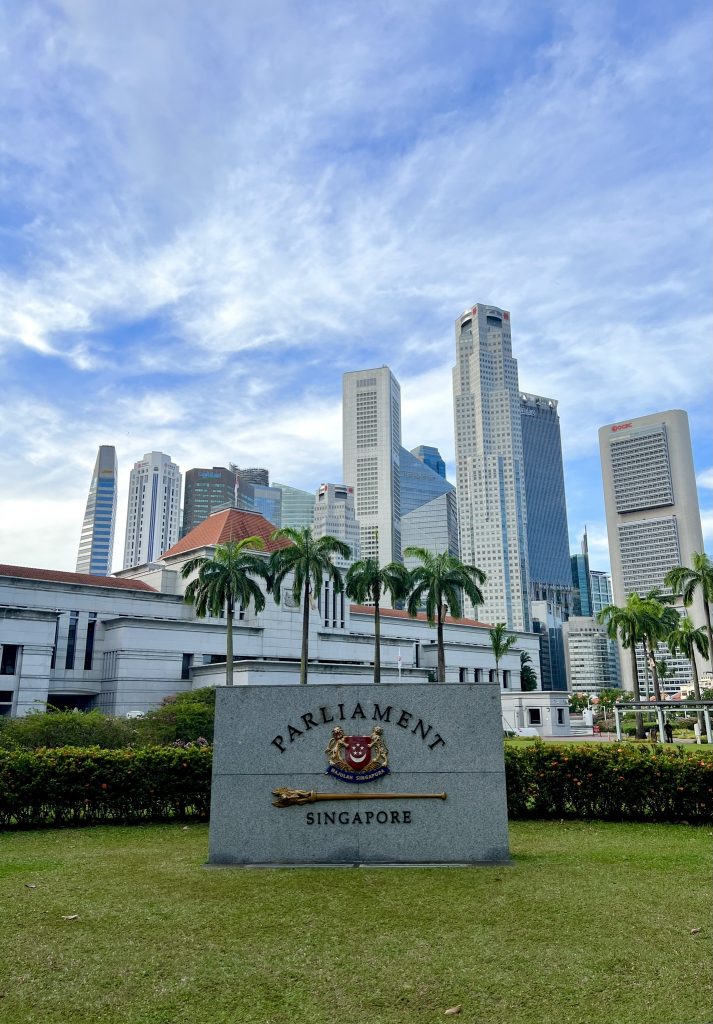
As we evolve as a society—more contested, more complex—perhaps the real question isn’t simply Are Unelected Voices Still Necessary in Parliament? as the title of the NMP book that I edited in 2022 asks.
As I wrote in the final chapter of the book, perhaps we should be asking: Are elected MPs enough? Do we want a Parliament that merely mirrors the political majority, or one that reflects the diversity and complexity of all its people?
Given the partisan ills we see around the world in mature majoritarian democracies, do we want a democracy where only partisan voices are seen as legitimate, and/or one where independent voices are also nurtured and institutionalised as essential to good governance? Think for a moment: How many independents have ever made it in our majoritarian system?
The NMP scheme was never perfect, especially with its ‘selection’ process. But it was an attempt—however flawed—to offer Singaporeans more than a binary choice.
If that space for independent thought is now being co-opted or compromised, then we must ask as we head into GE2025: What kind of Parliament, and therefore Members of Parliament, do we truly need for Singapore’s future? And are we brave enough to build it?

